

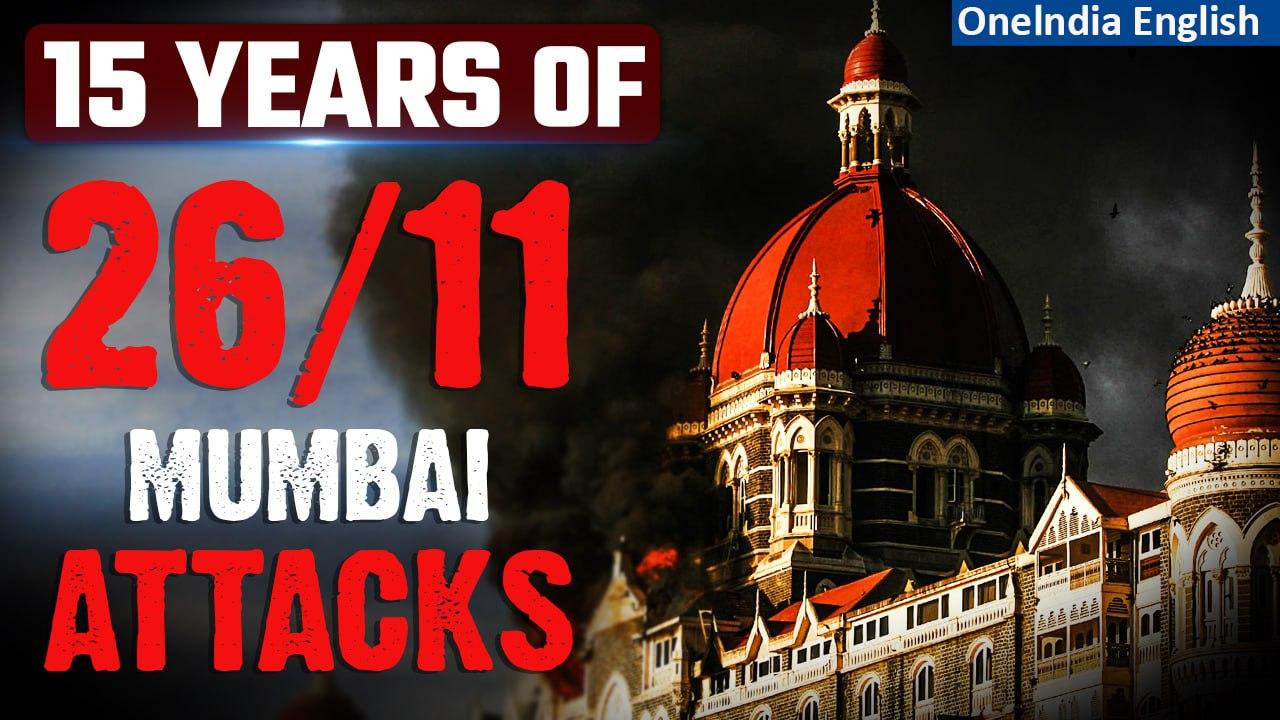
On the 16th anniversary of the 26/11 terror attacks, India remembers the brave security personnel who sacrificed their lives and expresses solidarity with the victims' families. Leaders, including President Droupadi Murmu, Defence Minister Rajnath Singh, and Home Minister Amit Shah, pay homage and reiterate India's firm commitment to defeating terrorism. The attacks, carried out by Pakistan-based Lashkar-e-Taiba, are described as a "cowardly act" and a "blot on humanity."
Remembering the Mumbai 26/11 Terror Attacks: India's Unwavering Stand Against Terrorism
Background
On November 26, 2008, the city of Mumbai was subjected to a series of coordinated terrorist attacks by 10 Lashkar-e-Taiba (LeT) militants from Pakistan. The attackers targeted multiple locations across the city, including the Taj Mahal Palace Hotel, the Oberoi Trident Hotel, the Nariman House Jewish community center, and the Chhatrapati Shivaji Terminus railway station. The attacks lasted over four days and resulted in the deaths of 166 people, including 26 police officers and 11 hotel staff.
Commemoration and Homage
On the 16th anniversary of the attacks, India paid homage to the brave security personnel who sacrificed their lives and expressed solidarity with the victims' families. President Droupadi Murmu, Defence Minister Rajnath Singh, and Home Minister Amit Shah led the nation in paying tribute and reiterating India's firm commitment to defeating terrorism.
Leaders from across the political spectrum condemned the attacks as a "cowardly act" and a "blot on humanity." Prime Minister Narendra Modi said that the nation would always remember the sacrifices of the brave security forces and would never forget the victims of the tragedy.
India's Response and Legacy
Following the attacks, India launched a comprehensive investigation and took several measures to strengthen its counter-terrorism capabilities. These included:
Top 5 FAQs and Answers
Q1: Who were the attackers? A1: The attacks were carried out by 10 Lashkar-e-Taiba (LeT) militants from Pakistan.
Q2: What was the motive behind the attacks? A2: The attackers' motive was to wage a war against India and create chaos and fear.
Q3: How many people died in the attacks? A3: A total of 166 people were killed, including 26 police officers and 11 hotel staff.
Q4: What is India's stance on terrorism after the 26/11 attacks? A4: India has adopted a zero-tolerance approach to terrorism and has taken several measures to strengthen its counter-terrorism capabilities.
Q5: What is the significance of commemorating the 26/11 attacks? A5: Commemorating the attacks serves as a reminder of the sacrifices made by security forces, the resilience of the victims' families, and India's unwavering commitment to fighting terrorism. It also helps raise awareness about the importance of countering terrorism and fostering peace and harmony.

Greenland, the world's largest island, has been in the news for its melting glaciers and concerns about climate change. However, its strategic importance has also caught the attention of leaders like President Trump who recently expressed interest in purchasing the island. This is not a new idea, as previous presidents have also considered acquiring Greenland due to its location, potential energy resources, and role in the Arctic region. This article explores the history of this proposition and the current geopolitical considerations surrounding Greenland.
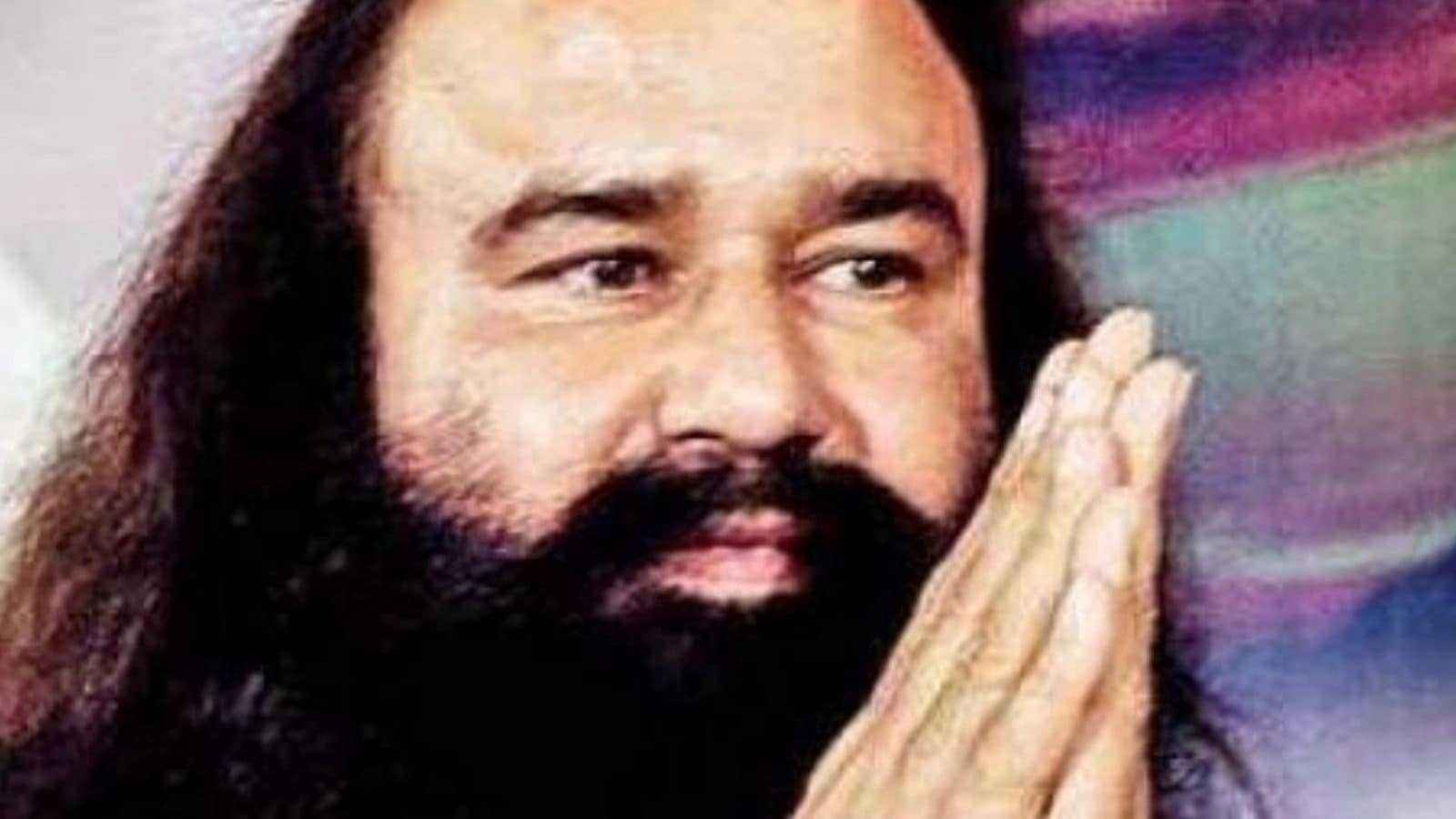
The Supreme Court has agreed to examine the Central Bureau of Investigation's appeal against the acquittal of Dera Sacha Sauda chief Gurmeet Ram Rahim Singh and four others in the murder case of former sect manager Ranjit Singh. The case, which has seen multiple twists and turns, has been referred to Justice Bela M. Trivedi's bench, which is already hearing a related petition filed by the victim's father. The CBI has argued that Ram Rahim orchestrated the murder after suspecting Singh of leaking an anonymous letter accusing him of sexual misconduct. The case has attracted widespread public attention due to Ram Rahim's involvement and frequent paroles from prison.
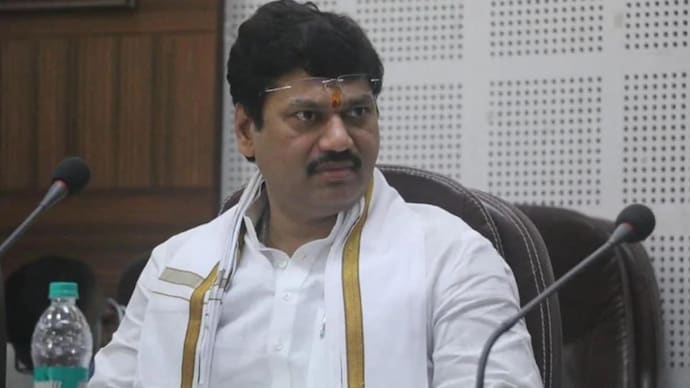
As Nationalist Congress Party (NCP) leader Supriya Sule voices the public demand for Minister Dhananjay Munde's resignation, a petition filed in the Bombay High Court by Dhananjay Deshmukh, brother of the murdered sarpanch, is withdrawn. The petition had alleged that Munde was linked to a criminal syndicate involved in the murder of his sibling in 2024. Sule cites a precedent in which a former Maharashtra CM resigned over a scam, calling for similar sensitivity towards this case.

The Election Commission of India has announced the schedule for the Delhi Assembly Elections 2025, with voting to take place on February 5 and counting of votes on February 8. The recent release of the final electoral roll shows a 1.09 per cent increase in the number of voters since the last draft. CEC Rajiv Kumar addressed concerns over EVMs and the election procedure, asserting the transparency and credibility of the Indian election process. The AAP, BJP and Congress are gearing up for a three-way battle, with the AAP currently in the lead after sweeping 2020 Delhi elections.
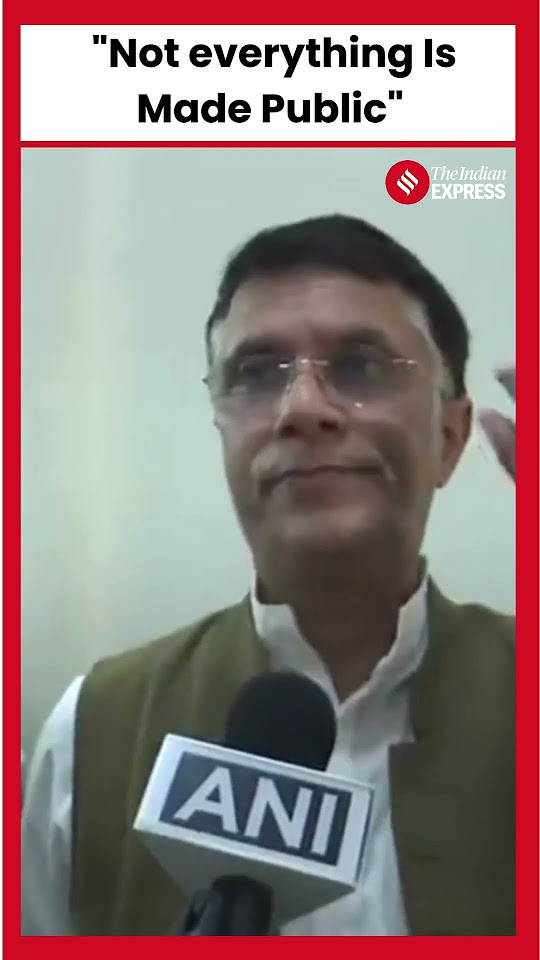
With the Delhi Assembly elections just around the corner, AICC Delhi in-charge Qazi Nizamuddin believes that the Congress party will successfully appeal to voters by focusing on key issues affecting citizens. He emphasized that the party only makes promises that have been fulfilled in Congress-ruled states and will prioritize cleaning the Yamuna, improving women's safety, reducing corruption, and addressing unemployment, all of which have been neglected by the current AAP government.
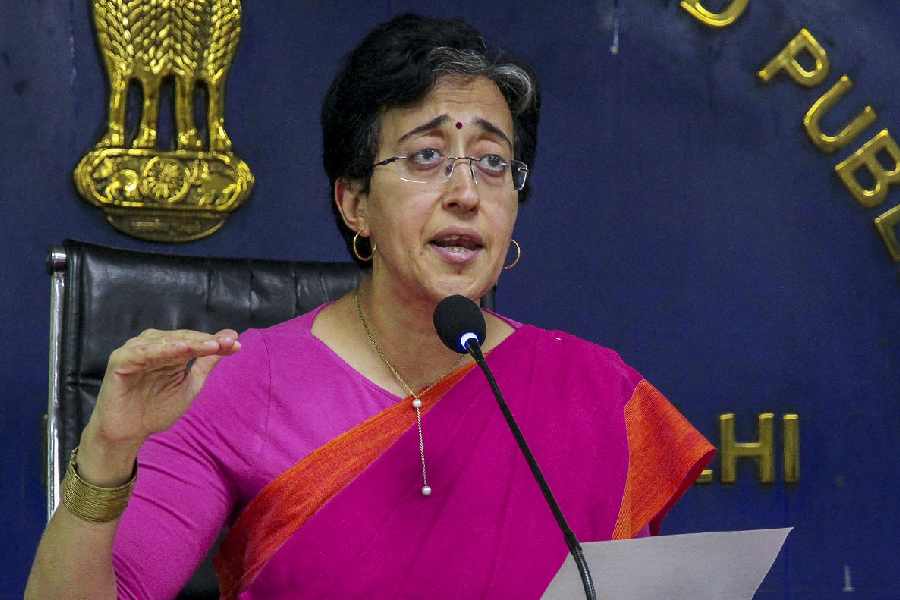
The BJP has refuted Delhi CM Atishi's accusation that her official residence was taken away by the Centre, stating that the allotment was withdrawn for her failure to take possession and ongoing CBI/ED investigation. The AAP leader, however, remains undeterred and vows to work for the people of Delhi even if it means operating from the streets. Delhi's 2025 election poll schedule has also been announced, with voting to take place on February 5 and results on February 8.
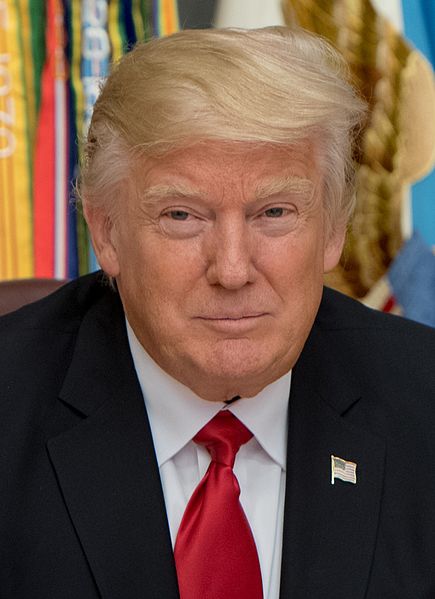
During a news conference in Mar-a-Lago, President-elect Donald Trump announced his plan to change the name of the Gulf of Mexico to the Gulf of America. Trump believes that the new name has a "beautiful ring" and is more appropriate, especially given the current state of relations between the US and Mexico. While this isn't the first time renaming the Gulf of Mexico to the Gulf of America has been proposed, Trump's announcement has caused controversy and garnered attention.

The nation bids farewell to former President Jimmy Carter as his funeral procession takes place from the U.S. Navy Memorial to the Capitol in Washington D.C. The event was attended by many political figures and members of the public, paying their respects to the late President. Despite the solemn atmosphere, the streets were lined with people celebrating Carter's life and legacy.
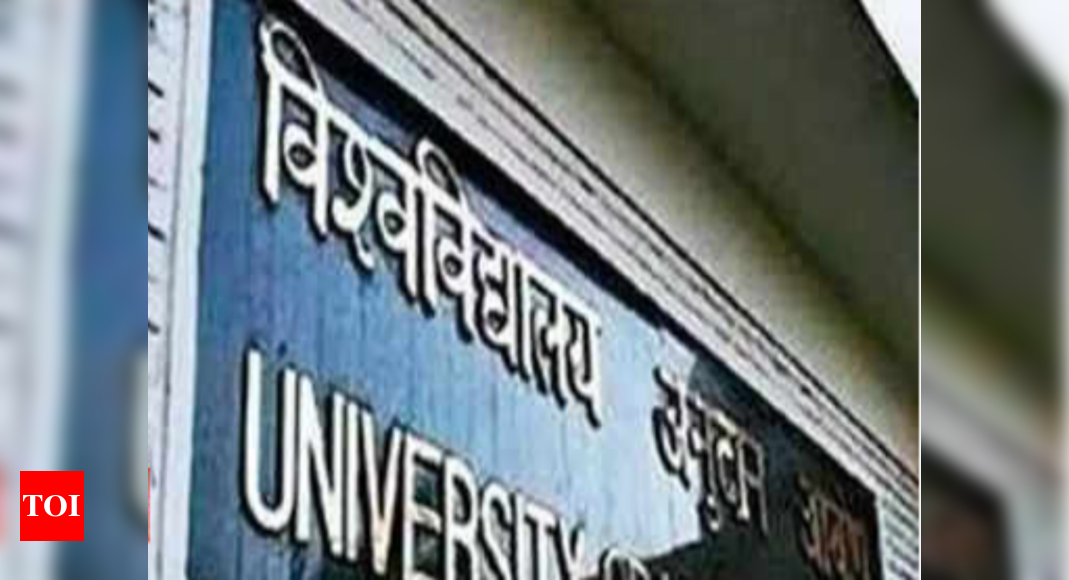
Union Minister of Education Dharmendra Pradhan has released the draft guidelines for the UGC (Minimum Qualifications for Appointment of Teachers and Academic Staff in Universities and Colleges and Measures for the Maintenance of Standards in Higher Education) Regulations, 2025. These new regulations aim to bring flexibility, inclusivity, and excellence in faculty recruitment and career progression in Indian higher education institutions. They also align with the goals of the New Education Policy-2020 (NEP-2020) and place emphasis on Indian languages and interdisciplinary backgrounds. Additionally, the guidelines include specialized recruitment pathways for fields such as Yoga, Music, Performing Arts, Visual Arts, Sculpture, and Drama to attract the best talent and preserve India's cultural heritage.

Hickman, a former Parkland High School student, is scheduled to appear in Forsyth Superior Court for slapping a teacher and making threats towards her. The incident was captured on a viral video which showed the teacher remaining calm as she was assaulted and verbally abused. Hickman's case was continued by Judge Aaron Berlin on Monday.